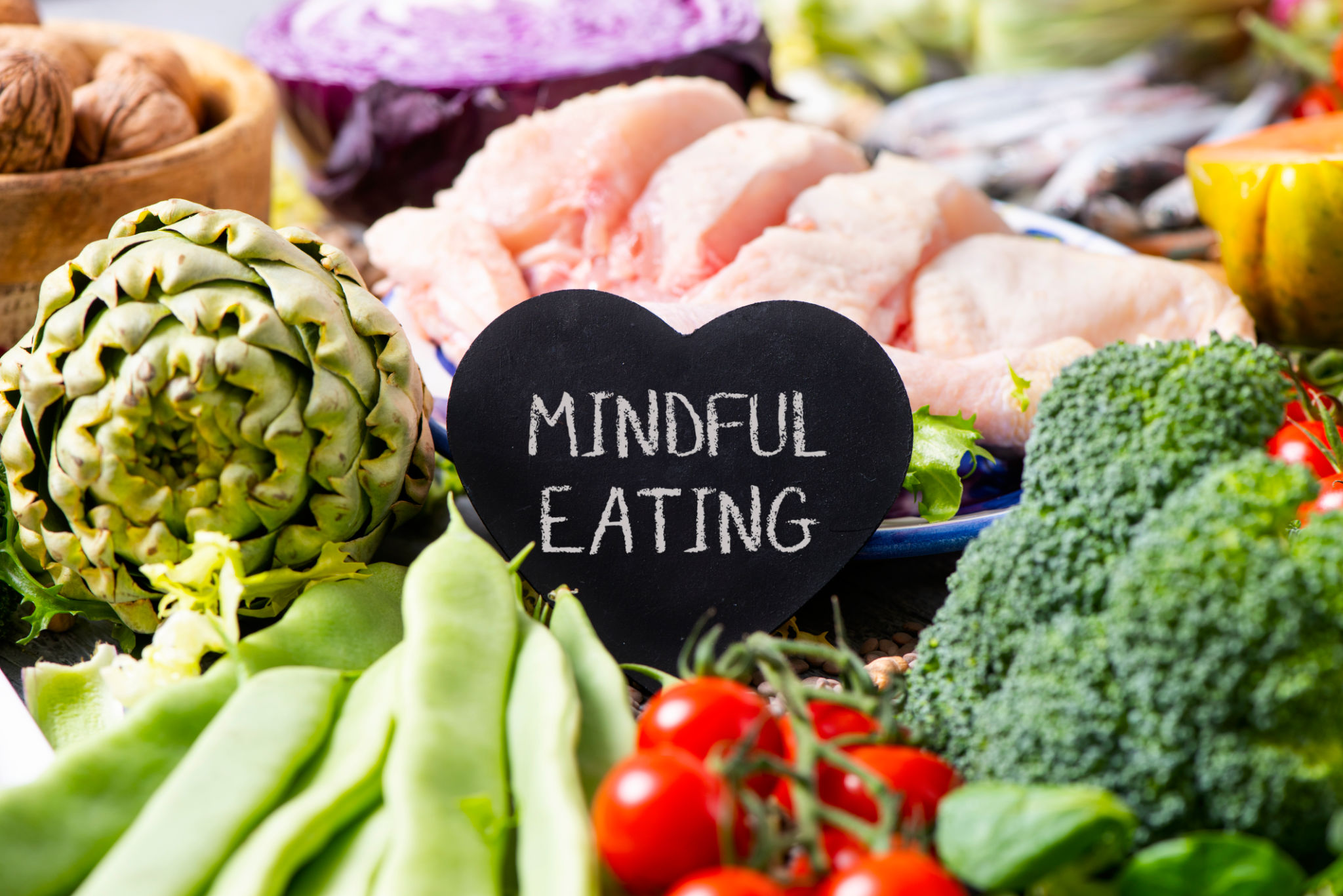Can Intuitive Eating Help with Weight Loss? Debunking Myths and Realities
Understanding Intuitive Eating
Intuitive eating is a concept that encourages individuals to listen to their body's natural hunger cues and eat accordingly, without adhering to strict diets or food restrictions. It is based on the principle that our bodies inherently know what they need to thrive. This approach to eating promotes a healthy relationship with food, emphasizing self-compassion and mindfulness over calorie counting or food guilt.
Unlike traditional dieting, which often involves rigid rules and deprivation, intuitive eating is about tuning into your body's needs and responding to them thoughtfully. It is founded on the belief that when we eat in response to internal cues rather than external pressures, we can achieve a balanced state of health and well-being.

The Myths Surrounding Intuitive Eating and Weight Loss
One of the most common misconceptions about intuitive eating is that it leads to weight gain. Many people fear that letting go of dietary rules will result in uncontrolled eating and weight increase. However, intuitive eating is not about ignoring nutritional needs or indulging in every craving. Instead, it encourages a balanced, respectful approach to food.
Another myth is that intuitive eating is anti-health. In reality, it promotes a holistic view of health, where mental and emotional well-being are just as important as physical health. It encourages individuals to make food choices that honor their health and taste buds while feeling good about their bodies. This balanced approach can lead to sustainable weight management over time.
The Realities of Intuitive Eating
Intuitive eating can indeed support weight loss, but it's essential to understand that weight loss is not the primary goal of this approach. The aim of intuitive eating is to cultivate a healthy relationship with food and body, which may naturally lead some individuals to lose weight, maintain their current weight, or even gain weight if that's what's healthiest for their body.

Research has shown that intuitive eating can improve psychological health and reduce disordered eating behaviors. It helps individuals break free from the cycle of dieting and binge eating by fostering self-awareness and self-trust. By focusing on internal cues rather than external diet rules, people are more likely to achieve a stable and healthy weight that their body is meant to maintain.
Implementing Intuitive Eating in Daily Life
For those considering adopting intuitive eating, it can be helpful to start by identifying internal hunger and fullness cues. This means paying attention to when you're truly hungry, what your body craves, and when you're comfortably full. It’s about learning to trust your body's signals once again.
- Practice mindful eating: Take time to savor each bite, noticing the flavors and textures of your food.
- Avoid distractions during meals: Focus on your meal rather than watching TV or scrolling through your phone.
- Be patient with yourself: Transitioning to intuitive eating takes time and practice.

Conclusion
Intuitive eating offers a refreshing perspective on health and well-being by shifting the focus from weight loss to overall health improvement. By promoting a healthier relationship with food and encouraging self-awareness, this approach can help individuals achieve a more balanced lifestyle.
Ultimately, while intuitive eating may not promise rapid weight loss, it provides a sustainable path towards long-term health, emotional well-being, and body acceptance. By embracing this method, you can learn to nourish your body in a way that feels satisfying and fulfilling, free from the constraints of traditional dieting.